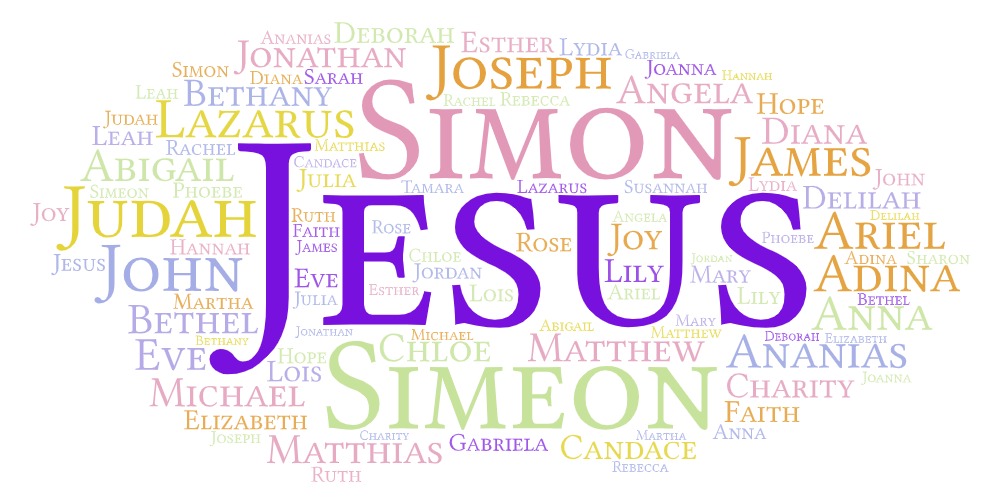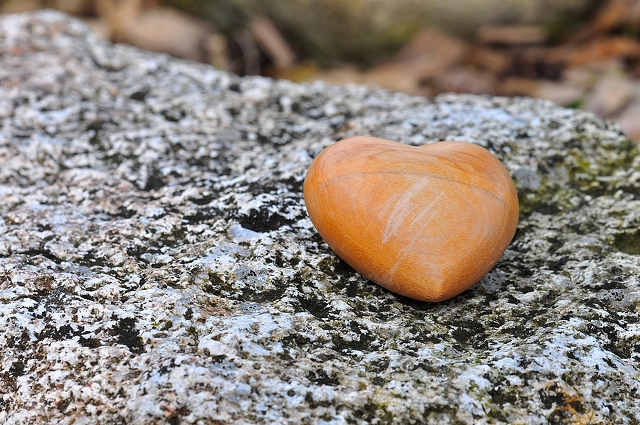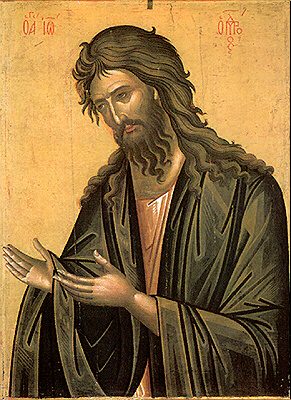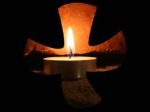
Talk based on John 17:11-19
I wonder how many of you, if you’ve ever been a parent, or have trained someone in an apprenticeship or simply have given some instructions and then had to leave someone to carry them out without supervision. Then we come a point that we all have to let someone go in order for them to flourish on their own. It can cause much heartache and a lot of prayer that they will remember everything you have taught them.
I can remember both of my girls leaving home and the feeling of helplessness that I wouldn’t be there to step in and protect them if they came up against some adversity, and over the years, like everyone I suspect, from time to time things have not always gone smoothly. but I have prayed to God that he would be there with them, and sure enough whether the outcome was what I would have wanted or not, he seems to have answered my prayers.
Of course, I haven’t had to face those times of feeling powerless to act alone, and reaching out for prayer from others and sharing my concerns has helped me see what is happening a little clearer and gain greater understanding that a mother cannot always make things better with a hug and a magic kiss – although it works with my grandchildren… but that prayer can be the most valuable thing I can do.
In today’s gospel, Jesus’ prayer for his disciples continues from that we heard on Sunday, and like a lot of John’s gospel it is full of theological toing and froing around the topic – but at its heart it is telling us that Jesus will be letting go of his earthly protection of the disciples and it handing them into the care of the Father. He has taught them how to live by God’s Word and has warned them of the dangers they will face as his followers in their lives on earth. He knows that this will set them at odds with a lot of people. He needs them now to take up the reins of his ministry and start to do things for themselves, however hard that might be to start with.
So how good a job did they do on their own?
For nearly 2000 years the Word of God has been lived by millions of people, from that small group of Jews become Christians to worldwide mission and founding principles of many democracies. Not everyone has agreed that it is linked to a higher power than that on earth. Its radical idea of living in a loving community, of showing vulnerability and forgiveness has caused many to decry its power. For the disciples themselves, not many lived to see old age but became matyrs. However, they remained true to their mission and set an example for others to follow. And follow they did, which is probably one of the reasons that we are here today.
How often though do we feel like giving up on this difficult world of ours, so resistant to the gospel and its values; when we look at our divided world, where not even those who believe in Christ are united. Yet Jesus, who is fully aware that we share his same lot of being hated by the world, does not ask the Father to remove us from the world, but to protect us, as we do our best to carry out our mission, and we must continue to pray for healing and the overcoming of division. For the disciples and for us, we shouldn’t ask to be taken out of the world with all its messiness. This is where we belong until the time comes for us to follow Jesus to the place he was going to. We can face all of the risks and the struggle that it sometimes is for survival because we can be assured of God’s protection.
Jesus tell us that we too are being ‘sent’ in his name to continue his mission. Our mission as his followers is in the midst of and in the depths of the world. He wants his love and message inserted in the centre of the world, the city, the neighbourhood. In following him in mission and love, we are ourselves blessed. Jesus’ love for the disciples didn’t fade because he wasn’t with them any longer, it endures eternally. When he asks God to protect and guide them this is a request that includes all those that have come after and are going forward today
The reality of the risen Christ is that, from now on, nothing and no one will ever be able to separate us from his love and the same is true for those we love. Parents and guardians spend their best years guiding children in life and in faith. Then there is a gradual letting go as they grow into adulthood.
Like Jesus we should pray for those who move beyond our active care. This morning, at this very moment, my daughter Ruth is in hospital undergoing a planned C-Section operation for the early arrival of my latest grandchild. She is beyond my physical reach, but I am praying for her and the doctors and nurses, for their skills and protection. But most of all I have placed them in God’s hands, because the Father’s arms are a safe place for them and for us.
Amen






















